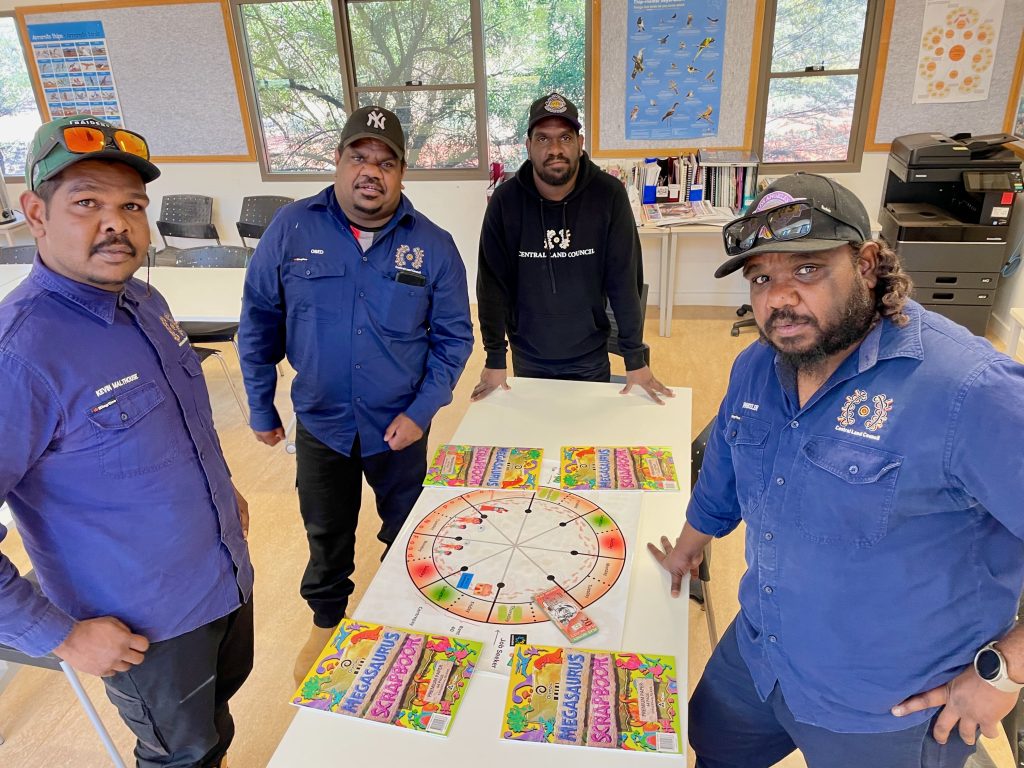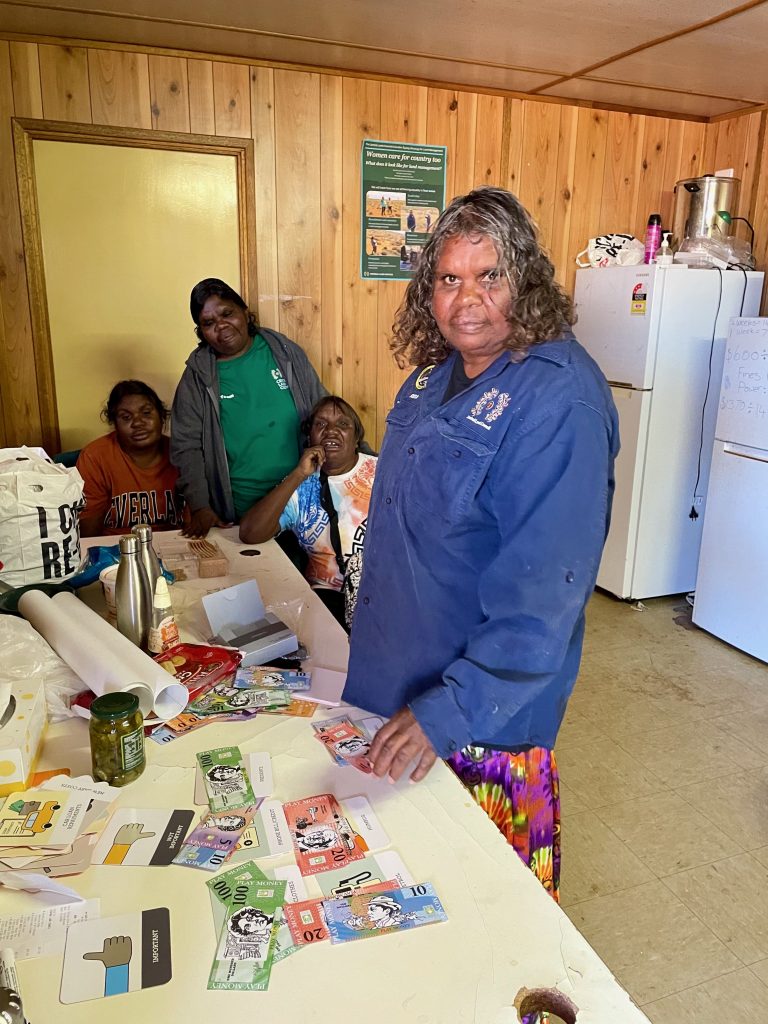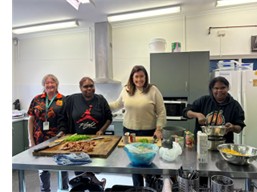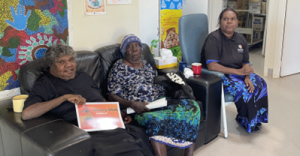Module Topics
Module Topics
Flexible and Customised Training
Each stand alone module runs for approximately 45-120 minutes. We work with you to identify the best mix of modules for your clients and deliver 1-2 day workshops. You have the flexibility to commission the training that you need and we can customise the content to your specific organisation or workplace – for example, by incorporating your organisation’s payroll documents and financial policies.
Our current modules are:
Bank Accounts
This module introduces participants to the basic concepts and history of banking, explaining key terms and words, and exploring different banking accounts. Information will be provided on how to open a bank account and banking safety. Different banks and home loans options are also covered. Best suited to school leavers and those transitioning to work or receiving individual Centrelink payments.
Budgeting and having enough money
This session gives participants an overview of how poverty can make it difficult to manage money and contributes to certain groups experiencing disadvantage. It gives practical examples through basic numeracy and hands-on activities on how to stretch money out, and how to budget. The module also provides tips to save money, and an introduction to how emotions can contribute to spending decisions. Suggestions for how to share fairly and culturally are also discussed concluding with where to get help.

Disaster Recovery
Informed by the FCAWA Disaster – Preparedness – Response and Recovery Framework this module provides an overview of the impacts of natural disasters, including everyday disasters, and the increase in financial pressures these create. Topics addressed include practical tips on how and where to get financial assistance, how to build resilience before disaster and options for financial recovery. It also addresses the emotional toll and stress, and how to prioritise spending after receiving extra disaster payments.
Energy efficiency
The module is targeted to providing information on how to reduce power costs whilst managing extremes of temperature and household appliances. This practical module is a perfect adjunct to other household modules such as budgeting and shopping.
Financial abuse and humbug
The module addresses the culturally complex phenomenon of resource sharing and financial abuse. Financial abuse is defined from a legal perspective and discussion of what it looks like in practice are explored, including information from key Indigenous organisations. Information on who is at risk and where to get help are provided. Can be delivered in two separate sessions – one for elders and one for younger community members.
Gambling
This module focuses on the harms of gambling both generally for society and for the individual. Gambling intersects with the challenges of addiction and financial harm and this module supports participants to reflect on their own relationship to gambling. Providing information about the tricks of the gambling industry; an understanding of the statistics of gambling in Australia with First Nations people and how gambling affects the brain. Participants are shown practical tips on ways to reduce gambling including strategies for managing emotions and boredom. The extended module also covers the laws and dangers of online gambling.
Goal setting
This module introduces participants to the benefits of savings and some easy strategies and tips on how to save. It also allows discussion on the cultural ideas around saving. Participants are encouraged to dream and plan for an achievable goal using basic numeracy and the SMART framework. Ideal for those transitioning to work or new employees.

Payslips
This module helps participants to understand the details of their payslip including: key terms and words; hours worked; rates of pay; allowances and deductions including tax. It will also cover the legal requirements; gross and net; salary sacrifice and an interactive activity. Ideal for new employees and those transitioning to work.
Scams
This module gives participants an understanding of scams, using examples and exploring clues about what to look out for and scam stories. The information is contextualised to the broader issue of scams in Australia and the sophistication of scams. Participants explore the ways to report scams, where to get help and First Nations resources to build knowledge.
Shopping and Cooking Vs Takeaway
This module develops participants understanding of the difference between shopping and takeaway, including long term health impacts. Discussion will focus on what people do for meals; shopping habits for individuals and families. Participants can share their skills and how they manage time for cooking and shopping and share tips on smart shopping.
Hands-on activity to check unit prices, buying in bulk, choosing fresh, tinned or frozen food, and keeping staple items like potatoes, rice, pasta, and canned goods build consumer confidence. The session includes simple recipe ideas, growing food at home, and freezing meals. Meal planning and First Nations recipes will be covered, using either a notebook or an app. This is a two-way learning session — participants can share stories if they like, but it’s not required.

Superannuation
This module gives participants an understanding of superannuation history, rates, who gets it and how. The session will cover types of funds, how to manage super and who gets it when you pass away plus where to get help. Suitable for new employees, school leavers and those transitioning to work.
Tax File Numbers
This module gives participants an understanding of the tax system, what it’s for and their obligations. Links and practical information on how to navigate getting a TFN are explored in hands-on supported activities. It will provide an opportunity for discussion of any difficulty navigating the ATO and problems with tax any participants may have had. It also addresses the importance of having a working MyGov account that is safe and secure. Suitable for those transitioning to work and new school leavers.
Buy Now Pay Later (BNPL) and Centrepay
This short module explains the details of BuyNowPayLater including its status as credit. Key issues covered are the cycle of debt; fees and charges that can escalate the balance; convenience versus saving; using BNPL wisely; and where to get help. Centrepay is discussed including recent changes to the scope and availability of Centrepay and the impact it can have on family budgeting.

Cars – keeping them on the road
This module covers the legal requirements and costs of car ownership including registration and insurance. Insurance is explained and premiums are compared. NIls as an option for car registration and repair is explained. This module is well suited to school leavers and those transitioning to work.
Payday Lenders and NILS
First Nations Australians are more likely to use Payday loans as a form of credit than other Australians, in part due to difficulty accessing lines of credit through a bank. This module covers the risks and real costs of payday lenders. Using MoneySmart calculators, comparison of loan types will be explored and alternatives discussed, including savings plans and avoiding cycles of debt. NILs (No Interest Loans) are explained as an alternative to Payday loans, including requirements and limitations, what you can buy and how they work.
Appliance Rental
This short module explains the pitfalls and risks of appliance rental, including the legal requirements of the rental company and liabilities of the renter. Other options are explored and discussed.
Coming soon: Renting a House
If you don’t see a topic you are interested in, let us know – we can also develop something to suit your needs.
For more information
If you would like to discuss your organisation’s training needs, please contact our Training Coordinator on 1800 849 041 or email [email protected]
We look forward to working with you towards the economic empowerment of First Nations communities.
